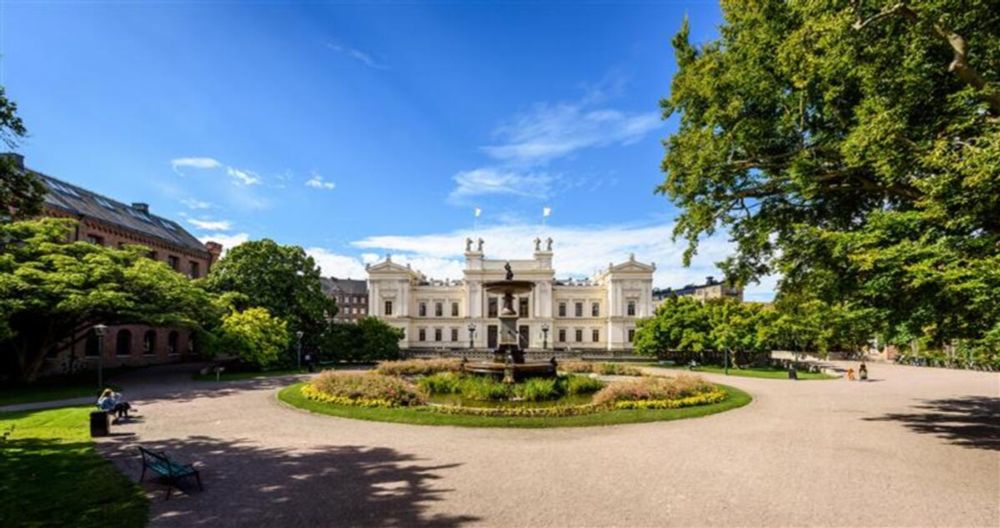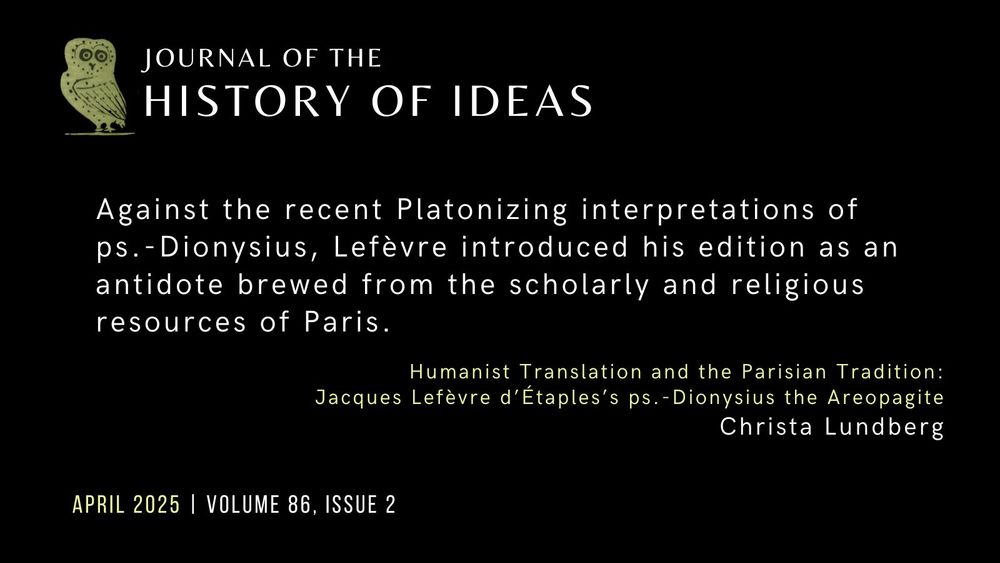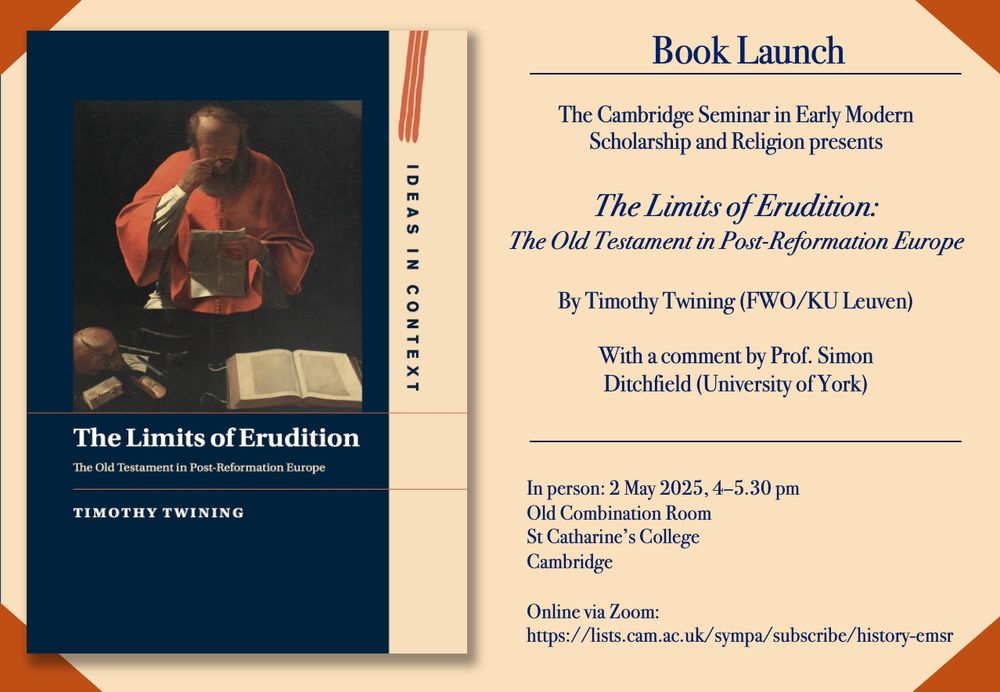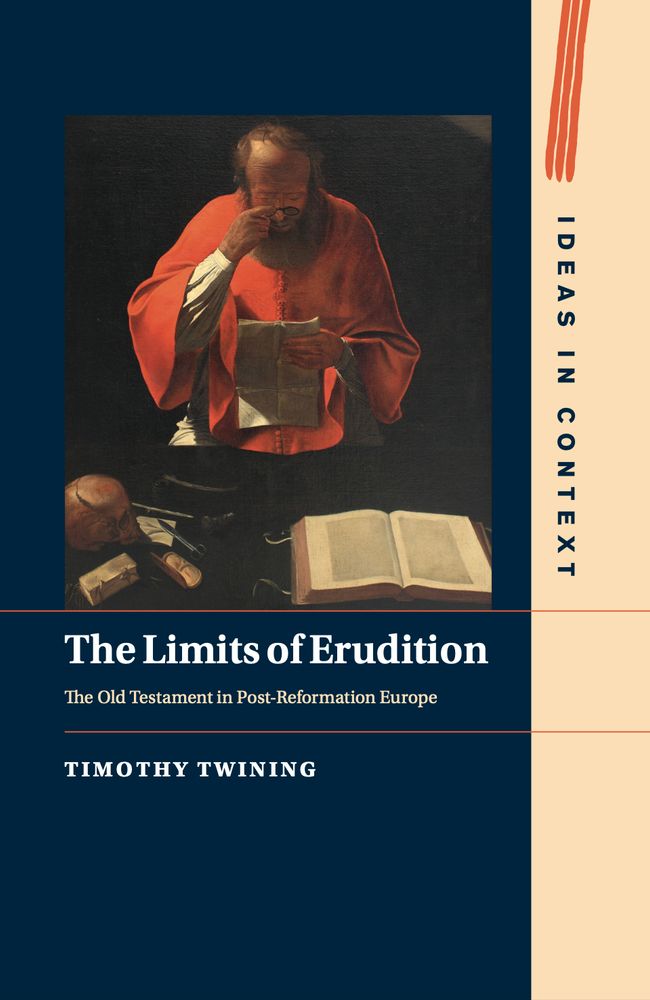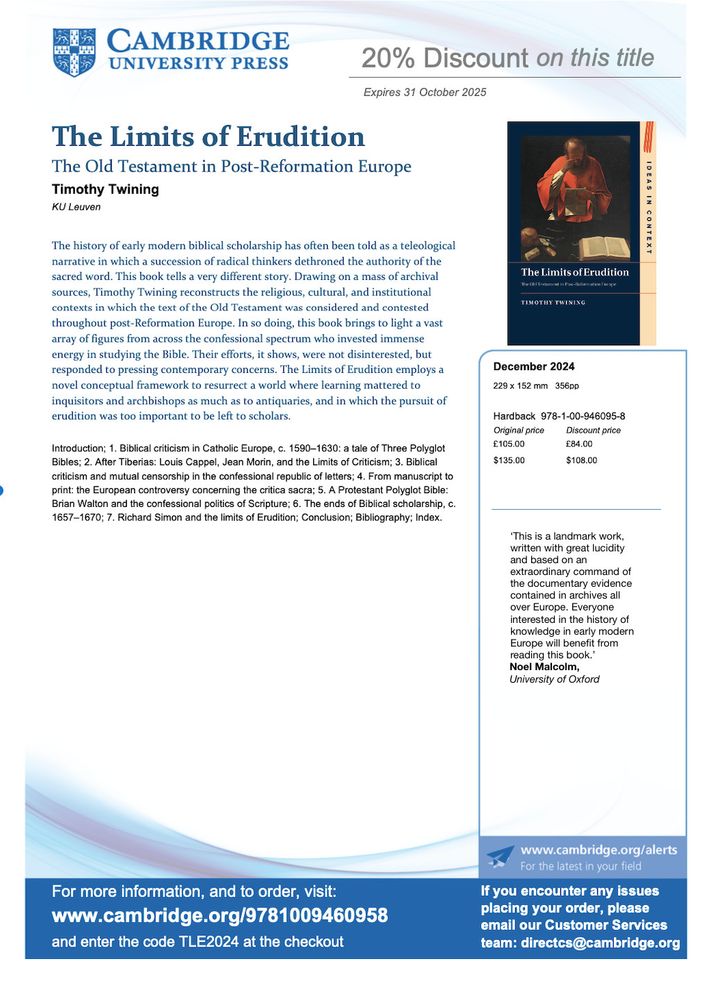Christa Lundberg
@christalund.bsky.social
710 followers
370 following
12 posts
Historian of early modern teachers, theologians, editors, and plagiarists. Assistant professor at Lund University & Pro Futura fellow at the Swedish Collegium of Advanced Study.
Posts
Media
Videos
Starter Packs
Pinned
Christa Lundberg
@christalund.bsky.social
· Feb 28
Johan Östling
@johanostling.bsky.social
· Feb 28

Christa Lundberg appointed Pro Futura Scientia Fellow
We are thrilled that Christa Lundberg (University of Cambridge) has been appointed Pro Futura Scientia Fellow and will be joining the Department of History and be part of LUCK. Congratulations…
newhistoryofknowledge.com
Reposted by Christa Lundberg
Reposted by Christa Lundberg
Reposted by Christa Lundberg
Reposted by Christa Lundberg
Reposted by Christa Lundberg
Christa Lundberg
@christalund.bsky.social
· Apr 30
Christa Lundberg
@christalund.bsky.social
· Apr 28
Reposted by Christa Lundberg
Reposted by Christa Lundberg
Christa Lundberg
@christalund.bsky.social
· Mar 12
Reposted by Christa Lundberg
Christa Lundberg
@christalund.bsky.social
· Feb 28
Johan Östling
@johanostling.bsky.social
· Feb 28

Christa Lundberg appointed Pro Futura Scientia Fellow
We are thrilled that Christa Lundberg (University of Cambridge) has been appointed Pro Futura Scientia Fellow and will be joining the Department of History and be part of LUCK. Congratulations…
newhistoryofknowledge.com
Reposted by Christa Lundberg
Christa Lundberg
@christalund.bsky.social
· Jan 30
Reposted by Christa Lundberg
Anton Jansson
@antnlj.bsky.social
· Jan 28

2025 Doctoral Summer School in the History of Knowledge
Lund Centre for Knowledge History (LUCK) invites applications for the sixth annual Doctoral Summer School in the History of Knowledge, to be held at Lund University, August 19–22, 2025. The Su…
newhistoryofknowledge.com
Reposted by Christa Lundberg
Reposted by Christa Lundberg
Reposted by Christa Lundberg
Jo Wolff
@jowolff.bsky.social
· Nov 29

Major Canadian News Outlets Sue OpenAI In New Copyright Case (Gift Article)
A coalition of some of Canada’s biggest media companies is seeking billions of dollars in compensation for what they say is copyright infringement on their work through ChatGPT.
www.nytimes.com
Christa Lundberg
@christalund.bsky.social
· Nov 28

